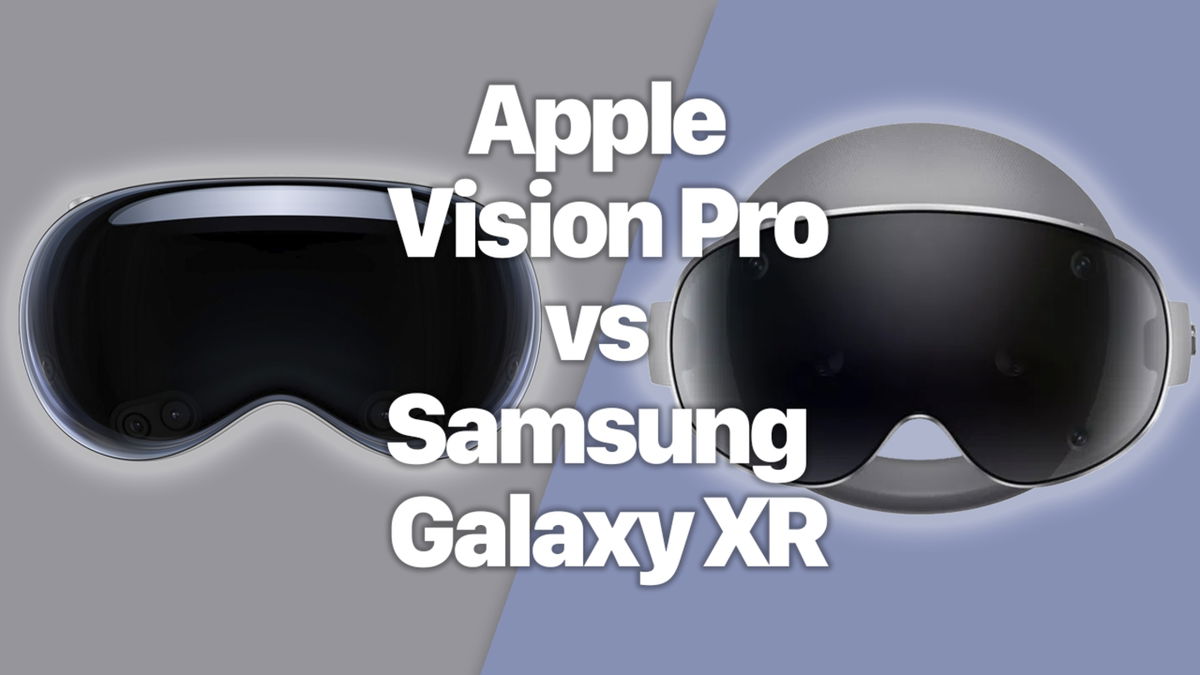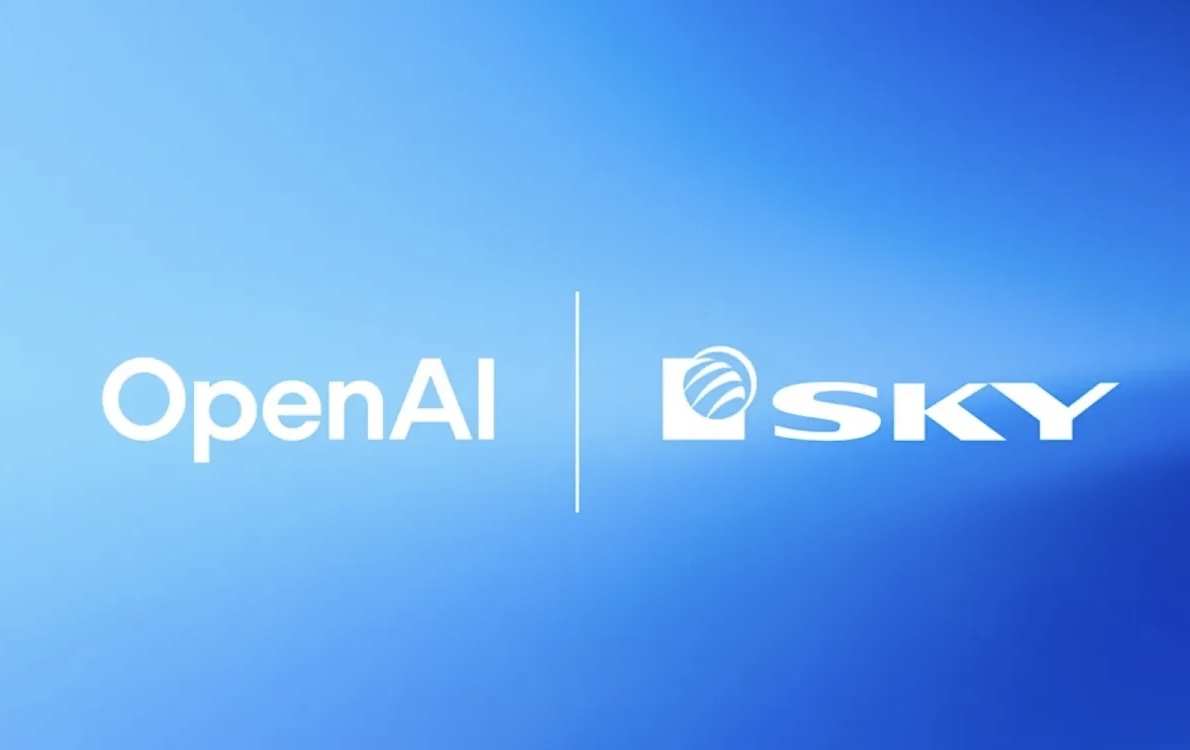IN The wolf of Wall StreetMartina Scorsese tells the story Jordan Belfort. This small-time financial analyst, played by Leonardo DiCaprio, has managed to turn his firm, Stratton Oakmont, into a stall where he manipulates the stock market and scams his clients. What is not so well known is that Stratton Oakmont was one of the triggers for section 230one of the foundations of the modern Internet, which is now again fighting for ChatGPT.
In 1994 Stratton Oakmont sued two companies in the then nascent internet economy for spreading information about their boss.. One was Prodigy and the other was Compuserve, both primitive forums.
In court, they parted ways. Bye computer was “rescued” because no one controlled what was posted by the community, in case child prodigy, the court ruled in favor of Oakmont because the company moderated posts on its forums. That is, it was considered to exercise control.
This decision was the impetus for the so-called article 230, which, roughly speaking, exempts Internet platforms from content published by their users. Something fundamental, for example, to distinguish the work of social networks from the media. That is, platforms versus content publishers. And it has been highly appreciated in recent years. Without going any further, in the Trump era, the deletion of his tweets and the suspension of his Twitter account have sparked controversy about where or not the limits to this rule were and under what umbrella. If only by the standards of the platform itself, or if they are supposed to be agnostic with respect to any publication.
However, now the age of artificial intelligence, accessible to everyone, is presented ChatGPT open a new question: Who is responsible for the information you return?, the OpenAI chatbot has shown that it can be swayed into different prejudices and characters depending on fast who is exposed?
The origin of section 230 is up for debate

Section 230, also known as “The 26 Words That Shaped the Internet”, was enacted by the Clinton administration in 1996.
In fact, section 230 is part of title V of title 47 of the United States Code.and stipulates that internet service providers They are not responsible for the content posted by their users.. At the same time, it gives them the right to filter or voluntarily censor any material deemed “obscene, obscene, excessively violent, or offensive for any other reason, regardless of their legal protection status.”
That is, it makes them independent judges, but at the same time relieves them of responsibility. The text of section 230 states that “no provider or user of an interactive computer service shall be deemed to be the publisher or distributor of any information provided by another information content provider.”
The most plausible outcome of the 230 termination is much more algorithmic censorship than exists now.
There are now two open cases on the 230th debate in the US. one of them against Twitter and the other is against Google — especially YouTube — for allowing content that could have provoked the jihadist attacks in Paris in 2015.
No one believes that both cases will end against the platformsbut she opened the debate in the US Congress, where she had longed for a renewal for some time.
Added to this was the question of ChatGPT, which in some ways echoes the history of the founding of the Internet and social networks: they began with enthusiasm for these inventions and ended with concern about the harm they could cause.
Originally ChatGPT, although perhaps not as it is used more, but other great language models can become liars, racists, or terrorist accomplices explaining how to make pipe bombs. The question is, when will this happen, who will be held responsible?
The very functioning of these models is called into question because they do not return a particular reference, but instead make their own contribution based on it. frame. The law states that a person or entity is liable if they “develop” content, even “in part”. And converting, for example, a list of search results into a summary is considered development?
The doubts that arise, as in disputes over property rights, seem to be much more developed than the current legislation.
U.S. Supreme Court Justice Neil M. Gorsuch said in an oral presentation assembled at Washington Postin one of these recent Section 230 cases, this AI “today generates controversy that will be content beyond selection, selection, analysis, or digestion of content”, a hypothesis “which is undefended”.
The decision we all have to make

section 230 he was responsible for the powerful growth of the Internet during its formative years. This has freed startups from the worry that would cause them to spend a lot of time or resources moderating content.
If this commitment returns, the most likely outcome will be much more algorithmic censorship than currently exists.
At the time, this mechanism was vital as it greatly increased the emergence of forums and, of course, allowed platforms like Facebook or Twitter to grow the way they did. They would never have the penetration they have if their users couldn’t post immediately, even if their content could be moderated afterwards.. So far, 230 has been the legal basis on which many complaints from users complaining about alleged social media censorship have been dismissed.
Of course, the derivative that this standard took was also not left out of the discussion. For years, initiatives in the United States, from both the Republican and Democratic parties, have put their revision on the agenda.
The debate around Section 230 is the backbone of the Internet: if the account is closed on Twitter, both with Musk are still in charge, and if they run around on Facebook on Instagram fake newsbut the nipple is censored. The algorithm, again, according to the rules that are established in each own garden. And in the middle is artificial intelligence, which has already shown that it is able to cross all these boundaries, if it is not limited.
Source: Hiper Textual
I am Garth Carter and I work at Gadget Onus. I have specialized in writing for the Hot News section, focusing on topics that are trending and highly relevant to readers. My passion is to present news stories accurately, in an engaging manner that captures the attention of my audience.










